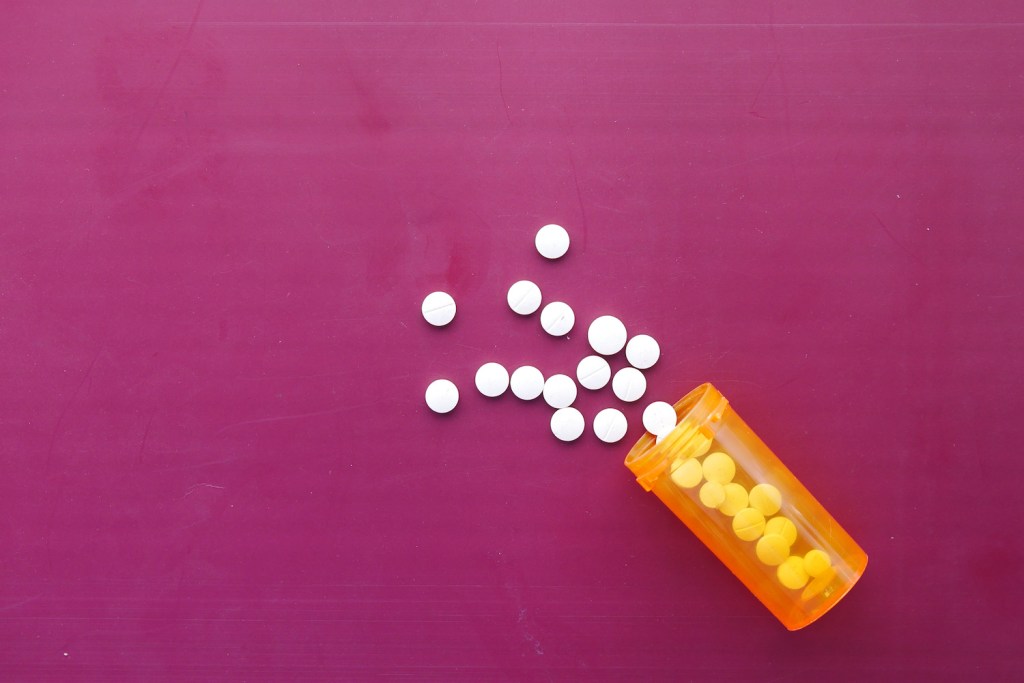Jerel Ezell
The opioid epidemic has had a whack-a-mole kind of complexity, stumping researchers for the better part of two decades, as they’ve attempted to better understand the evolving social and systemic factors that push people to start abusing opioids and also identify potential overdose hot spots.
These woefully tedious and often-flawed efforts all occur as clinicians work to provide safe, effective treatment and other resources to those in the throes of addiction.
As both researchers and clinicians examine the opioid epidemic’s extensive and persistent reach, they are now curiously exploring AI and asking, Could this be the moonshot that ends the opioid epidemic?
Healthcare is not one for hopping on bandwagons, notoriously slow in piloting and implementing new technology. And this tendency is not without consequence. One report suggested that the industry loses over $8.3 billion a year due to being a late or non-adopter of technology like advanced electronic health records.
But the opioid epidemic’s tolls are greater than the ones on the ledgers. Going back to 1999, over 1 million people have died due to a drug-related overdose. In 2021, 106,699 drug overdose deaths occurred in America, among the highest per capita volume in the history of the country. Around 75% of all of these overdoses were attributable to the usage of opioids, which includes prescription painkillers like Vicodin and Percocet as well as “street” drugs like heroin.
Despite the Centers for Disease Control and Prevention and the National Institutes of Health pouring billions of dollars into outreach, education, and prescription monitoring programs, the epidemic has remained stubbornly persistent.
For the past decade, I have been conducting research on the opioid epidemic in rural and urban communities across America, including New York City and rural southern Illinois.
Most in my field agree, albeit reluctantly, that there’s an incredible amount of guesswork involved in identifying the intricate risks that drug users face. Which drugs will they get? Will they inject, snort, or smoke them? Who, if anyone, will they use around, in case they overdose and need help?
That’s not it. Practitioners are also regularly combating idiosyncratic federal and state guidelines on effective treatments for opioid use disorder, like suboxone. And they also find themselves playing catch-up with increasingly unpredictable drug supplies that are contaminated with cheap, synthetic opioids like fentanyl, which is largely responsible for recent surges in opioid-related overdose deaths.
While AI developments like ChatGPT have been what has captured the imagination of most of the public, public health researchers and biomedical engineers have quietly been concocting an AI-fused revolution in medicine, with addiction prevention and treatment the newest beneficiaries.
Innovations in this space primarily use machine learning to identify individuals who may be at risk of developing opioid use disorder, disengaging from treatment, and relapse. For example, researchers from the Georgia Institute of Technology recently developed machine-learning techniques to effectively identify individuals on Reddit who were at risk of fentanyl misuse, while other researchers developed a tool for locating misinformation about treatments for opioid use disorder, both of which could allow peers and advocates to intervene with education.
Other AI-fueled programs, such as Sobergrid, are developing the capacity to detect when individuals are at risk of relapsing — for example, based on their proximity to bars — then linking them to a recovery counselor.
The most impactful developments relate to reduction of overdoses, often brought on by mixing drugs. At Purdue University, researchers have developed and piloted a wearable device that can detect signs of overdose and automatically inject an individual with naloxone, an overdose-reversing agent. Another crucial development has been the creation of tools to detect hazardous contaminants in drug supplies, which could radically reduce fentanyl-fueled overdoses.
Despite this immense promise, there are concerns — could facial recognition technology be used to locate people who appear high, leading to discrimination and abuse? Uber already took a step in developing this kind of capacity in 2008, attempting to patent a technology that would detect a drunk passenger.
And what about dis/misinformation, a problem already plaguing chatbots? Might malicious parties embed incorrect information into chatbots to mislead drug users on risks?
Going back to Fritz Lang’s seminal silent film “Metropolis” in 1927, the public has been fascinated by the idea of new, humanlike technology making lives easier and richer. From Stanley Kubrick’s “2001: A Space Odyssey” in 1968 to films like “I, Robot” and “Minority Report” in the early 2000s, though, these wistful visions have slowly morphed into a kind of existential dread.
It will be up to not just researchers and clinicians, but also patients and the broader public to keep AI honest and from turning humanity’s grandest challenges, like the opioid epidemic, into insurmountable ones.































Comment